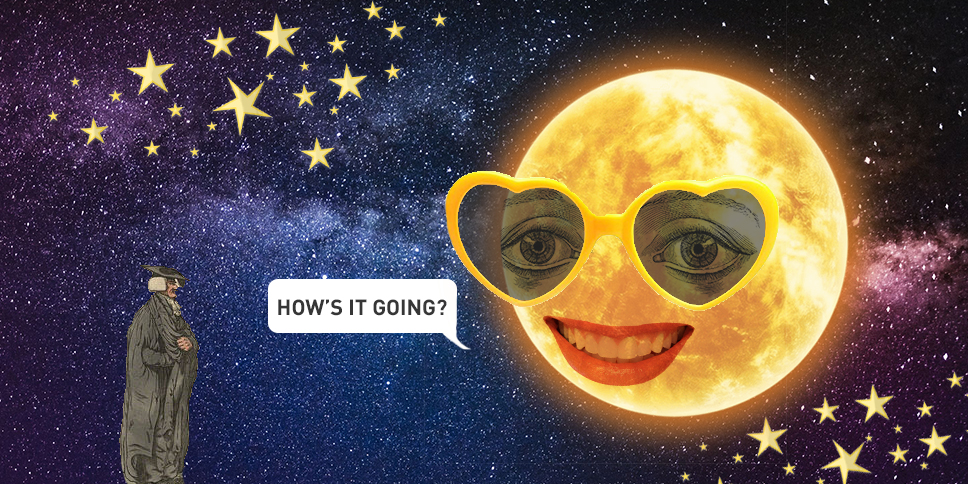
Voices in Innovation: An interview with The Colorado Sun, Part 2 of 2
Journalism isn’t dying. It’s being reborn. Here’s how The Colorado Sun is leveraging technology, blockchain and collaboration to reclaim journalism from the fate of fake news.

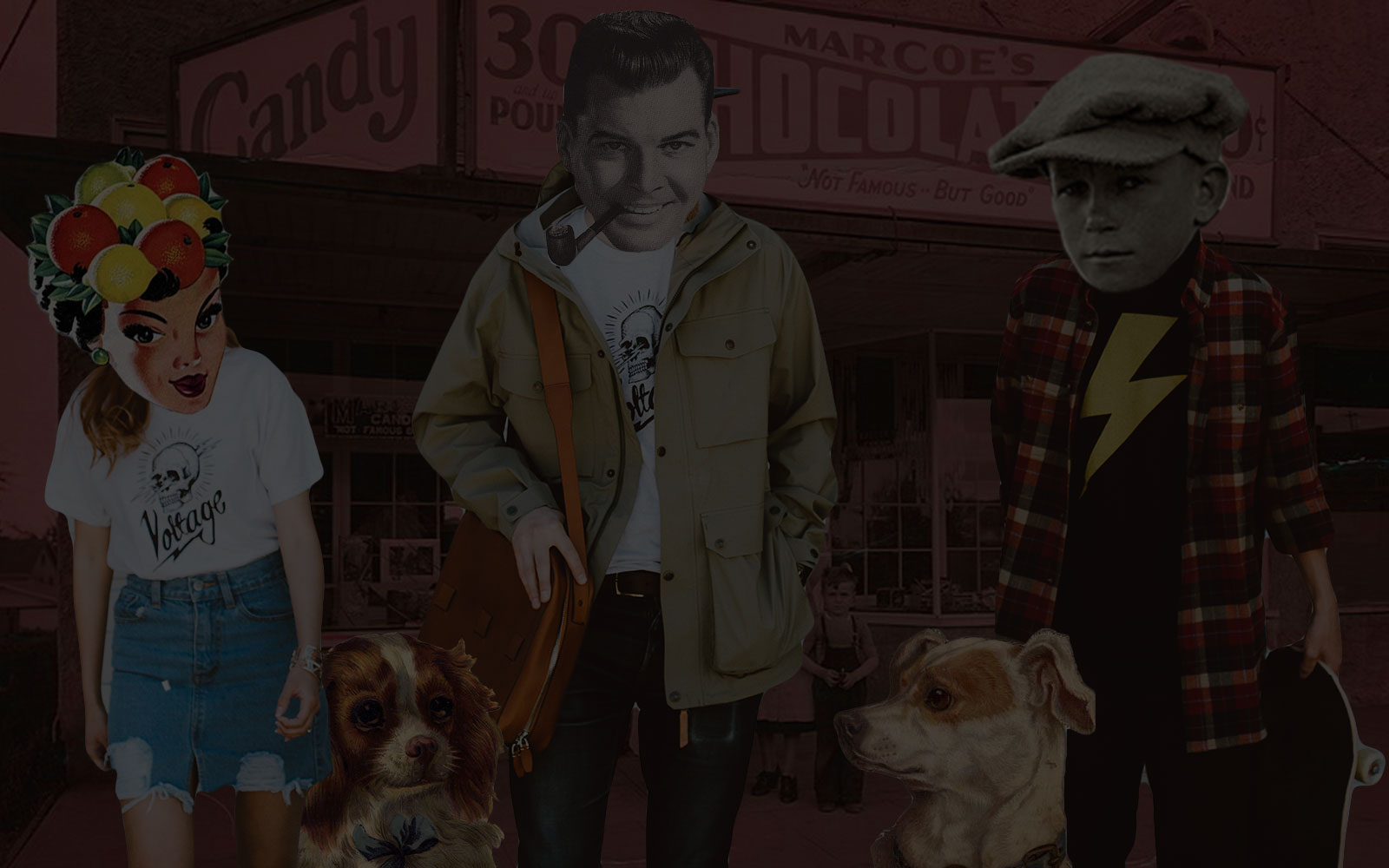
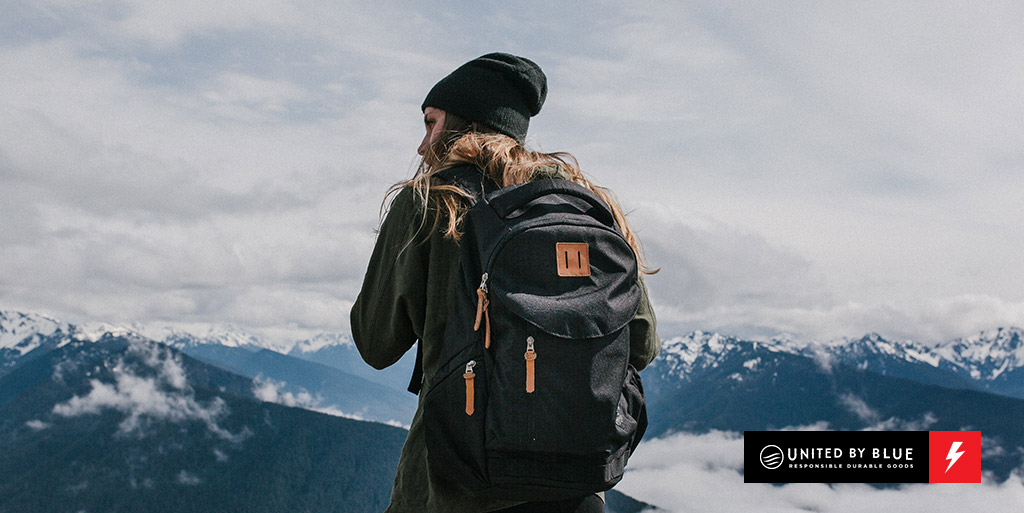
The mark of a true future-thinking outdoor apparel and accessories brand? They take protection of the planet to heart.
Here at VOLTAGE, we drop everything when we hear about a company that’s making a difference in an interesting and earth-loving way. Our CEO Eric Fowles phoned Philly to connect with Brian Linton, founder and CEO of United By Blue, an apparel and accessories brand intent on using their brand force to clean up the oceans and responsibly usher durable, sustainable goods out into the world.
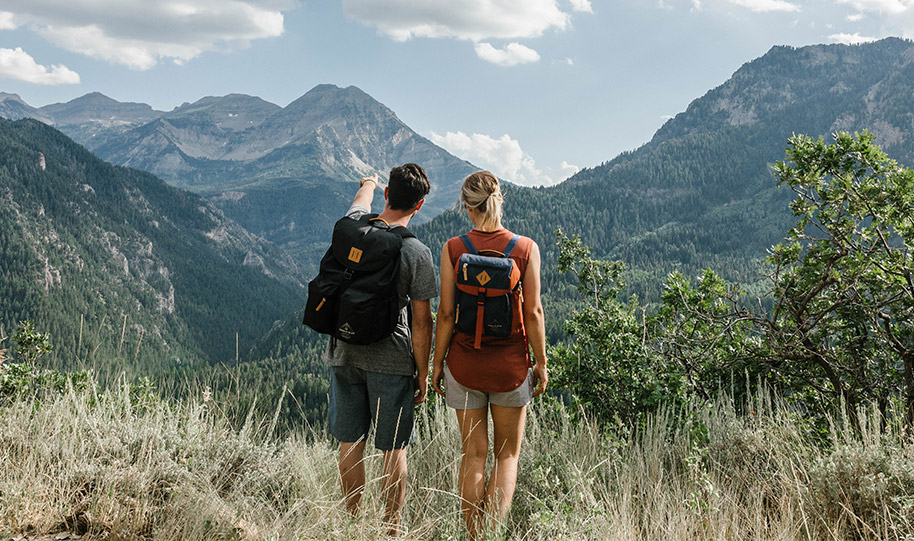
Eric: So at VOLTAGE, we’re really interested in how companies are making a difference. Tell me how you got started and how you came up with the idea for United By Blue.
Brian: For sure. So, the story is really like many brands – it starts with my childhood. I grew up in Southeast Asia and Singapore. Singapore, although it’s known for being a very tech-centric, very wealthy, liberal city, also has a surprising industry that not many people know about. And that’s the tropical fish industry. They’re a breeding industry for fish. As a child growing up and throughout my teenage years, I was really fascinated with fish. I was always a fish guy.
And why were you guys living down there?
Yeah, my father worked there. So we were there for probably 17 or 18 years of my childhood – basically my whole childhood.
That’s pretty cool.
Yeah. So because it’s a small tropical island, I would raise tons of fish. I had thirty fish tanks in my room. I had all these pots outside that I would breed fish in. The one thing that I obviously knew about fish was that they needed clean water to live, and my passion for conservation stems from that love of the aquatic world.
I came to the US and started my first brand in 2006. I wanted to do something that was gonna protect the blue parts of the planet. So I started a resort merchandise brand that was focused on financial donations to ocean conservation. I did that for a few years – three, four years – learned a bunch, and then ultimately wanted to do United By Blue and started that in 2010.
So were you private labeling apparel or something for resorts – for that first company?
Sort of. It was more just a lot of jewelry, like beaded jewelry: beaded choker necklaces, shell necklaces, kuka beads. Then belts and flip-flops and hats. It was very much a coastal-resort sort of feel.
It really taught me a few things. One is that I didn’t really like that industry. I realized that that industry is very fickle, precarious and price-driven. They didn’t have too much of a brand opportunity. I ran that company through 2010. So, you know, some of the worst economic times that I could have been running a brand. And so I was emotionally hot to start a business, but what I learned when I was going into all these different outdoor stores on the East Coast that I was trying to pitch to was that these outdoor stores were the ones that really piqued my attention. They were the ones that really cared about the conservation ethos I was preaching, and they also seemed to be most financially stable throughout that economic recession.
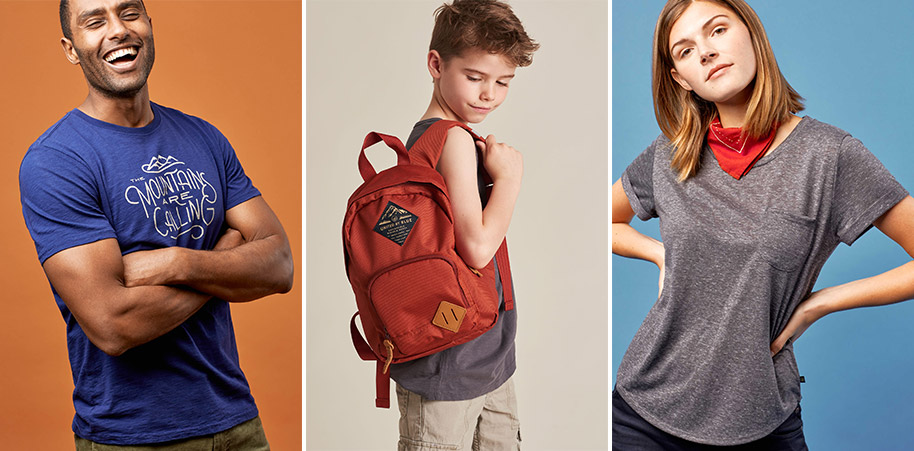
I really determined that industry was the one. I wanted to start a brand that was focused on a younger, urban, millennial consumer. And at the time it seemed like that market was underserved – that consumer, the millennial, didn’t really have money in 2008. And there were really no brands that were speaking to that person.
I wanted to focus on that, but I also realized that the financial donation model, meaning five percent of proceeds, really didn’t do anything. There was no real tangible impact or measurable impact on the cause that I wanted to have an impact on. I wanted to stop giving away money and instead internalize it, roll up our sleeves and do it on our own. That’s the mission United By Blue has: We don’t donate money – we’re going to pitch in on water clean-ups on an ongoing basis. That’s our way of being more tactile and tangible when it comes to the mission.
That’s really cool. I’d love to hear more about that and how that works.
Yeah. Any money that we would donate goes toward the internal process of organizing efforts and then making those efforts a part of our brand and our DNA.
When I look on your site, it looks like you’ve got maybe a team of people that help organize these efforts. Tell me a little bit about the logistics of that. How much do you clean up? How many people does it take? Do you garner volunteers?
We have a few people who are employed by the company, who are a full-time part of the team. They are responsible for organizing the clean-ups. And then we recruit volunteers. At the last clean-up that we had, last week, we had about 180 volunteers. We get a lot of people out there. We get a lot of people who are stoked about the brand, and stoked about the mission and just want to go out and… you know.
What we do is provide people with a venue to do good. People want to do good; they want to be a part of it. But most people under normal circumstances won’t just go out to a river by themselves and pick up trash. They want to feel like part of something. They want to be a part of a community. That’s what United By Blue does. It brings community around this issue, it unites people around ocean water conservation.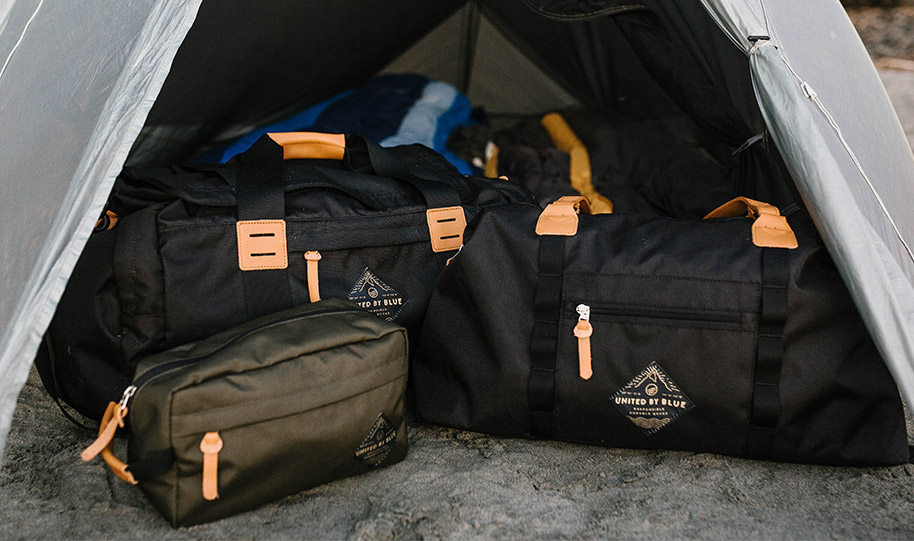
Do you feel like that introduces a lot of people to the brand? Like do people bring their friends?
Yeah, definitely. It’s an introductory class on the brand and certainly it is a part of our marketing. I think it’s more a part of the overarching strategy of being really connected to the communities that we serve.
We have a network of wholesale distribution as well as your direct-to-consumer business. The wholesale network is about a thousand folks, and all of the stores that we sell to can ultimately also be partners in the clean-up efforts. Although we can’t call up all the stores, we want to be a part of the communities that we serve. So that’s what clean-ups do and as a result of being part of those communities and being visible, yes, it definitely serves as an introductory platform as well.
Yeah. I noticed on your site – sustainability, like do you guys go deeper too with the product chain? Like, we work with adidas and you know, they’ve been working with Parley and using fabrics from reclaimed waste in the ocean… I guess what I’m wondering is what other kind of ways do you see for the industry tobe more sustainable? What’s your guys’ philosophy on that?
I think sustainability is oftentimes people looking at the status quo – they look at it sort of like checkboxes that they need to check off – I look at it more as a constant evolution. It’s something that you always have to be questioning and evaluating. What I mean by that is you can’t just look at what’s sustainable today and assume that that’s the best option, that that’s the best way to do things – because everything that we have, everything that we do, has an impact on the planet, and if we’re making a product even out of sustainable materials like organic cotton or whatever, we’re still having a net negative impact. And so I think that until we advance sustainability to a point where instead of having a net negative impact and making something new and being in business and building a brand, you’re making something that’s having a negative impact on the planet.
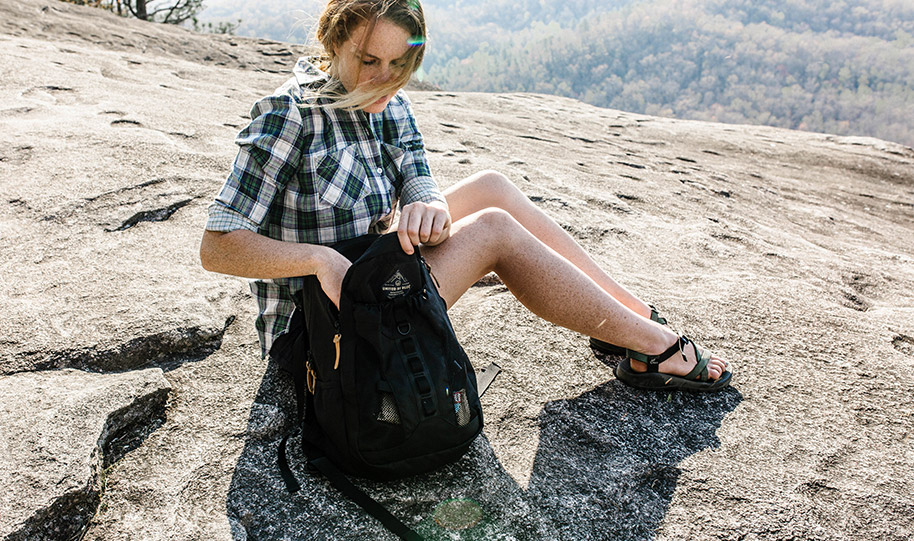
You really have to be constantly evaluating. You constantly have to think about the overarching impact – everything from the materials that are used to the energy that’s consumed. And I don’t think many brands get that yet. I think that many brands look at one part of their business and they talk about it and they say how great they’re being, but they don’t look at the comprehensive part of their business, which is much more difficult and broader to evaluate.
So I guess that’s sort of my long-winded way of saying sustainability is not as clear-cut as many people make it out to be. We don’t pat ourselves on the back and say “We’re so amazing because we use organic cotton.” “We’re so amazing because we use recycled polyester.” We need to look at ways to even go beyond that – how to be better.
Eric and Brian talk more about sustainability, mission, and the future of retail in Part 2 of this interview, coming soon.
VOLTAGE is a digital agency specializing in eCommerce, digital brand experiences, and web apps. Get emails and insights from our team:

Journalism isn’t dying. It’s being reborn. Here’s how The Colorado Sun is leveraging technology, blockchain and collaboration to reclaim journalism from the fate of fake news.

Five key questions you should ask about your brand